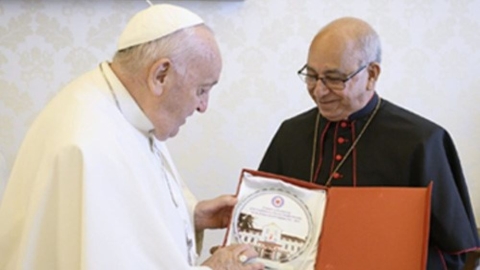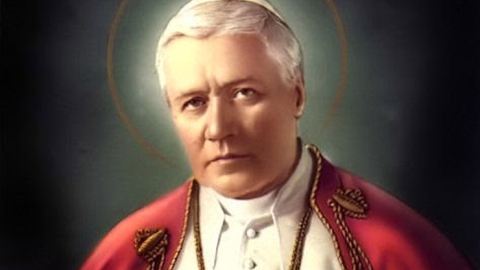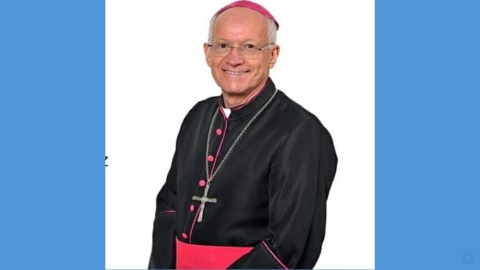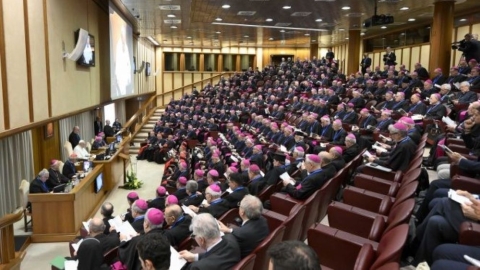Benedict XVI Deeply Worried for the Church in Germany

On the occasion of the publication of his book How the Catholic Church Can Restore Our Culture, Msgr. Georg Gänswein, Private Secretary to the Pope Emeritus and Prefect of the Pontifical House, gave an interview to the Spanish-language newspaper Alfa y omega.
The journalist first asks a general question about the three popes who reigned during the first twenty years of the 21st century. Then he asks if Pope Francis has benefited from any input from the retired Pope, in particular on the situation in Germany, which he knows well.
Msgr. Gänswein grants that there have been meetings between Francis and his predecessor in the past. But immediately makes it clear that they are extremely confidential.
Then he adds, “it is quite clear that the situation of the Catholic Church in Germany is currently characterized by tension and confusion,” which are of great concern to the resident at the Mater Ecclesiae monastery.
He clarified: “Benedict XVI perceives and recognizes the lack of unity in many fundamental aspects of the faith.” Which amounts to affirming the serious deviations, as they concern fundamental aspects. The Pope Emeritus wants “clarification as soon as possible in order to avoid serious consequences for the faith and the Church in Germany.” It is hoped that this advice will be followed.
For his part, the Pope Emeritus has already done his best for this clarification. Indeed, on April 11, 2019, he published a text in which he spoke about the crisis of child abuse, which is at the origin of the decision of the German episcopate to launch the synodal path.
The causes behind the abuse
This document, which has been presented in our columns, begins by looking for the root causes of the abuse crisis, as Cardinal Joseph Ratzinger was able to analyze them as Prefect of the Congregation for the Doctrine of the Faith. His analysis contrasts radically with the report commissioned by the German Bishops’ Conference, which founded the launching of the synodal path.
According to this analysis, the first cause can be found in the social context of the liberation of morals: and he recalled on this subject the onset of pansexual demands and the promotion of pedophilia.
A second cause is connected to the revolution in moral theology and Church teaching on matters of morality, after the Second Vatican Council.
Finally, a third cause is the rejection of the magisterium of the Church, which is no longer recognized as infallible in matters of morality. From then on, everything—or almost everything—is possible.
The effect resulting from these causes: catastrophic ruptures.
For the former pope, the causes he brought to light led to three essential ruptures. A rupture in formation in the seminaries. A rupture in the recruitment of bishops. Finally, a rupture in canon law.
The latter addresses the inadequacy of the means of law enforcement provided by the new Code of Canon Law, promulgated in 1983. At the origin of this weakness, he admits “a fundamental problem in the perception of criminal law.… above all the rights of the accused had to be guaranteed, to an extent that factually excluded any conviction at all...The right to defense by way of guarantorism was extended to such an extent that convictions were hardly possible.”
This judicial prejudice, deliberately inserted into the law, actually leads to, in its reasoning, the protection of the abusers.
But this contribution was very poorly received across the Rhine and ultimately had no tangible results.
(Source : cath.ch/alfayomega.es – FSSPX.Actualités)
Illustration : Alamy / Abacapress





